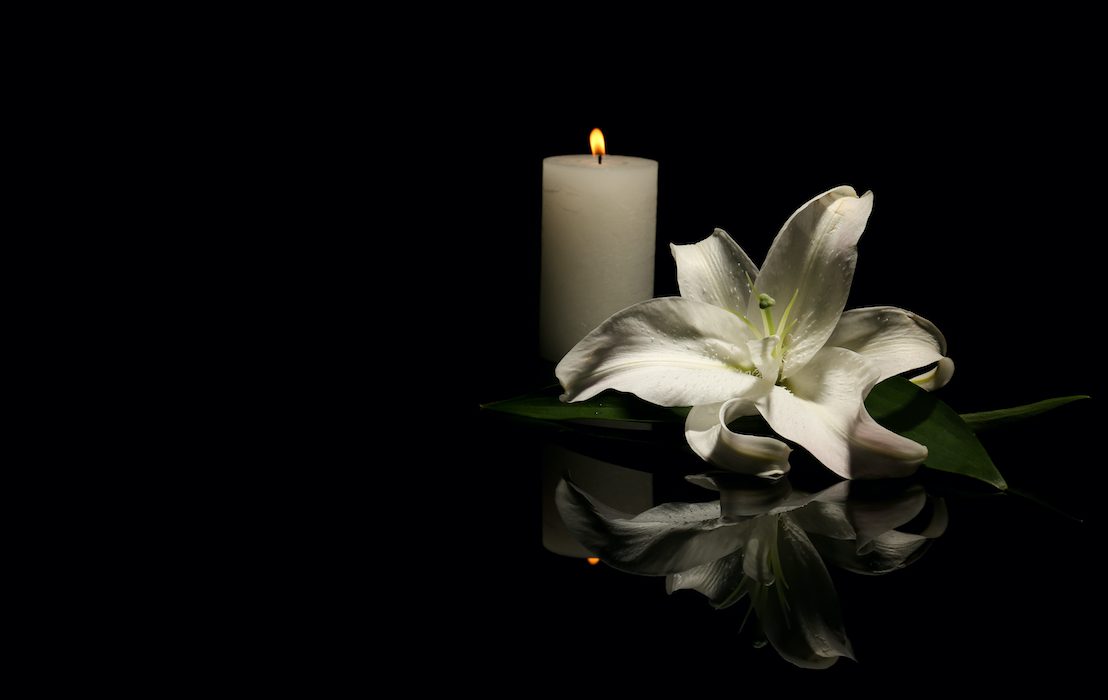Rites for the Burial of the Dead

I am at a funeral today. I was at a funeral a couple of weeks ago. Neither was Covid related. In the midst of a global crisis, death, like life, goes on.
So I think now of the anthem that begins the burial of the dead in the Book of Common Prayer.
I am the resurrection and the life, saith the Lord; he that believeth in me, though he were dead, yet shall he live; And whosoever liveth and believeth in me shall never die.
Funerals are important. Indeed, they are foundational. From the games in honor of Patroclus and Anchises to the mausoleum wonder that is the Taj Mahal, the way the living respond to death and dying has been, besides the simple biology of posterity, the lasting means by which every bit of humanity has made its priorities known to future civilizations. In the sporting festivals of Homer and Virgil we meet the Greeks and Romans in their vigor, their celebration of vitality and the excess of life, their glory in defiance of mortality—the fate of mortals to become one of the shades that have gone down to the depths of Hades.
Temples and palaces and monuments to the dead, in these as much as written texts we the living can meet our ancestors. Who is buried at Stonehenge? What person looks at us from the face masks of mummies, whether the precious plates of a pharaoh’s mask or the luminous eyes painted on the panels of the Faiyum portraits? Why were women dressed for battle found in the Kurgan mounds of the Volga? These are the mysteries that make an anthropologist’s career, but they are also the slender ties we have to the vanished worlds of the ancient past. In the rites of the dead we see that they who have gone before us were people much like us, that we all have lived in a world of tragedy and violence, of birth and becoming and passing away.
I know that my Redeemer liveth, and that he shall stand at the latter day upon the earth; and though this body be destroyed, yet shall I see God; whom I shall see for myself and mine eyes shall behold, and not as a stranger.
How will future civilizations remember us, of the 21st century? A little while ago, for whatever reason, whether it was the peak of Downton Abbey’s cultural power or some pan-Anglo need to revisit in our inadequacy the Blitz and the “greatest generation,” one could hardly enter an American middle class home without sighting somewhere in some form a little sign that said “Keep Calm and Carry On.” Over the last couple years, we seem to have quite forgotten that advice.
Indeed, in fear and panic before the spread of a new pandemic we made new barbarisms. Stop and think about how many people died alone, isolated and intubated, cut off from the human race, reduced to a disease vector. Consider what it might mean about us that so many were so willing simply to stop having funerals in the way their dead family members would have been familiar with, to break the bonds of culture and tradition that tied them to their forebears. In the spring, a real life horror story emerged from Brazil; nurses were celebrated worldwide for the “hands of love” they had made, filling latex gloves with warm water so that the sick, dying alone, might feel something even a little like the grip of a human hand. Lord have mercy upon us.
For none of us liveth to himself, and no man dieth to himself. For if we live, we live unto the Lord; and if we die, we die unto the Lord. Whether we live, therefore, or die, we are the Lord’s.
We have made death the summum malum. Death is an enemy, but we have made it the highest evil, a god. The gospel of Matthew tells us to “fear not them which kill the body, but are not able to kill the soul.” But as moderns we have built our lives on fear of dying and so, like the words of Dylan Thomas, will not go gentle into that good night. We think we rage against our mortality in all our feeble efforts to simply go on, that our defiance, with all its sacrifices of money and time and the things that make a good and normal life—such as a human face, or touch, or gathering in worship—is noble and glorious. But it is only pathetic. We are not the youths who run races for the dead; we are old before our time. In rejecting our mortal existence we dehumanize ourselves.
There is a common saying, “Find something worth dying for, then live for it.” No civilization can survive if it has decided death is never worth it. For what would it exist? All the work of mortal hands cannot fill the grave. But mortals can make each graveside beautiful, can remember and speak for those who have died, and can look forward to tomorrow. We can choose to hope, and so, in a word, live.
Blessed are the dead who die in the Lord; even so saith the Spirit, for they rest from their labors.
Comments